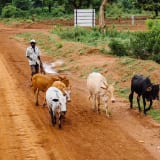Your privacy and peace of mind are important to us. We are committed to keeping your data safe. We only collect data from people for specific purposes and once that purpose has finished, we won’t hold on to the data.
For further information, including a full list of individual cookies, please see our privacy policy.







